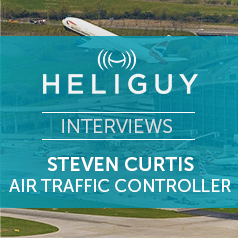
Updated on • 18 Aug 2024
Heliguy Interviews An Air Traffic Controller
Heliguy’s Insider Blog recently had a chance to sit down with Steven Curtis, an air traffic controller who has just completed the ground school section of our PfCO drone training course. This interview has been put together to give our read ... Read More
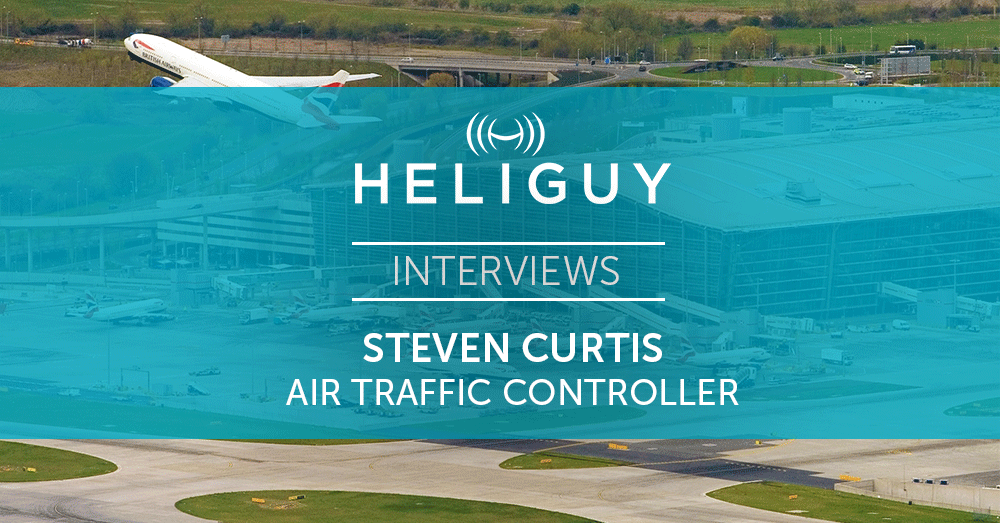
Heliguy's Insider Blog recently had a chance to sit down with Steven Curtis, an air traffic controller who has just completed the ground school section of our PfCO drone training course.
This interview has been put together to give our readers an insight into the way drone usage is monitored by air traffic control and an alternative viewpoint on the industry.
The Interview
Read on to find out how drones are having an effect on the jobs of air traffic controllers in the UK including opinions on how the CAA's regulations are currently being enforced and advice to those looking to fly for the first time.
When did you start becoming interested in drones?
SC: It started a year ago when I bought my DJI Phantom 4. I've always been interested in video and photography, so to combine them with another hobby was perfect!
What made you decide to pursue your PfCO?
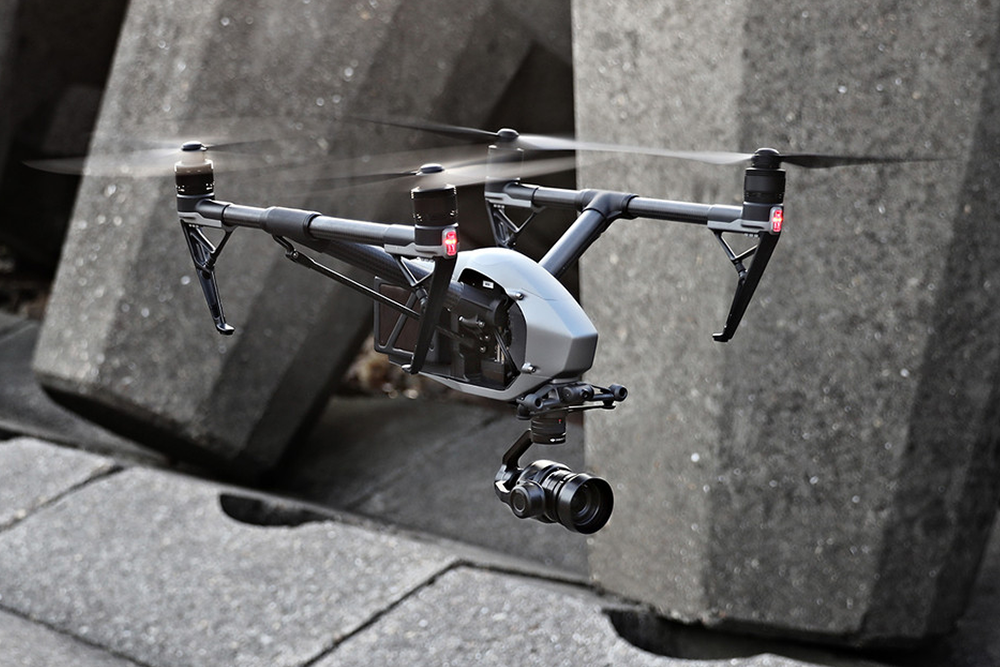
Do you think it's important for people to attend these courses?
SC: Even if it's just a hobby, with no intention to carry out commercial work, I'd highly recommend attending your course. It's full of useful information relating to aircraft systems, airspace, CAA regulations and risk assessments.
What were the main things you took away from the course?
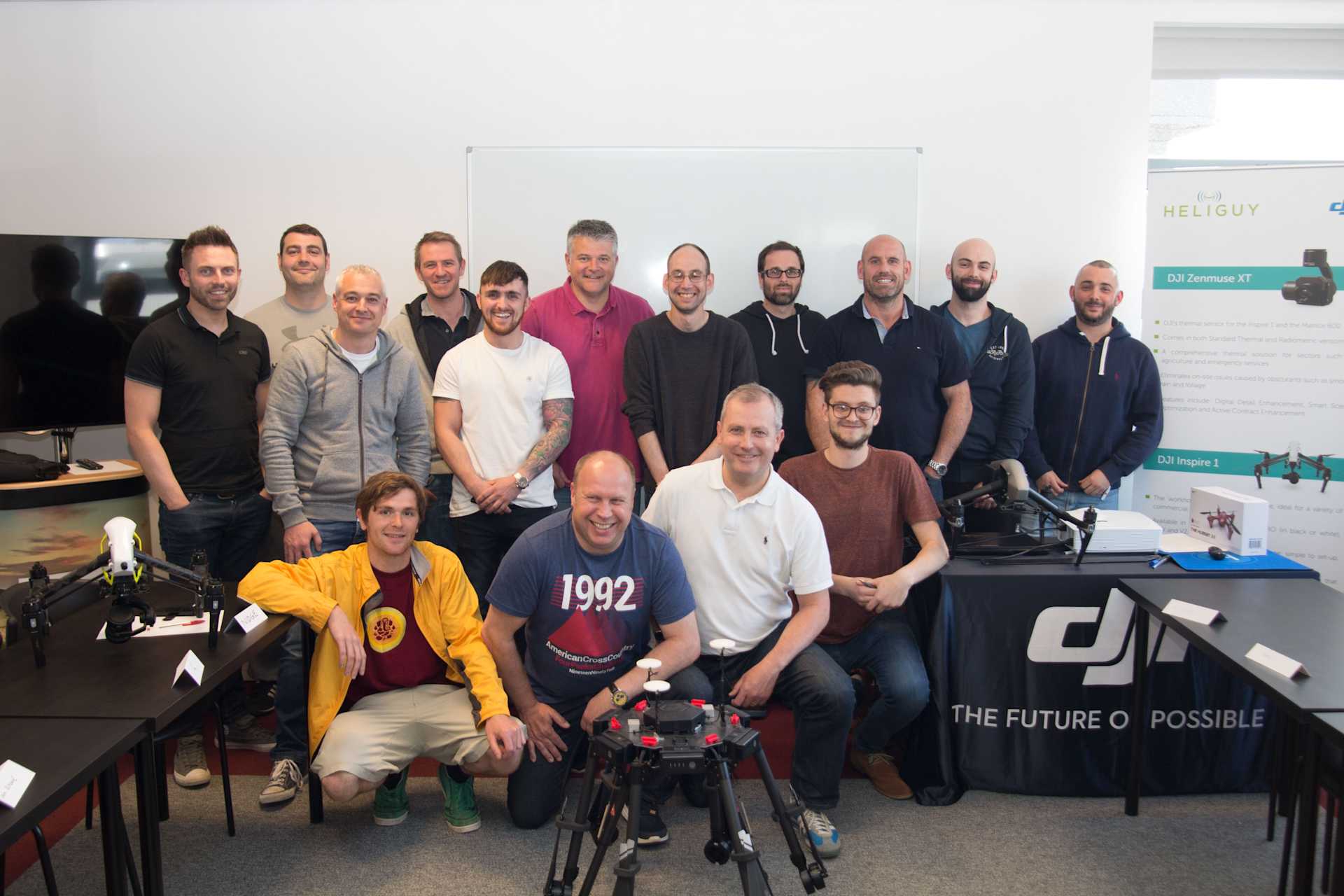
How are you intending to use your drone?
SC: I'll be mainly carrying out aerial videography, photography, structural surveys and possibly 3D mapping. It's still early days for me, so I'll test the market and see what's needed.
What are your views on current UK drone regulation?
SC: The current drone regulations are changing on a regular basis, I guess a kind of knee-jerk reaction, as this drone market is changing so quickly. They need to separate the commercial side from the consumer market, as generally, they are the ones who would possibly be more risk to the public. I've spotted quite a few people on Facebook, advertising aerial video work and weddings etc, but they are not approved for aerial work. This is what the CAA should be focusing on, but that's just my opinion. regulationsartimg.png Click the image above to read the full results of our UK drone regulation survey.
Do you think the CAA have successfully kept up with the rising level of drone users?
SC: On a consumer level, no - I feel drones should have to be registered and the users should be approved to use them. In the wrong hands, they can be a deadly weapon, especially when flown in and around airports, towns and cities etc.
Is there any information you believe should be more readily available to both pilots and those controlling the airspace?
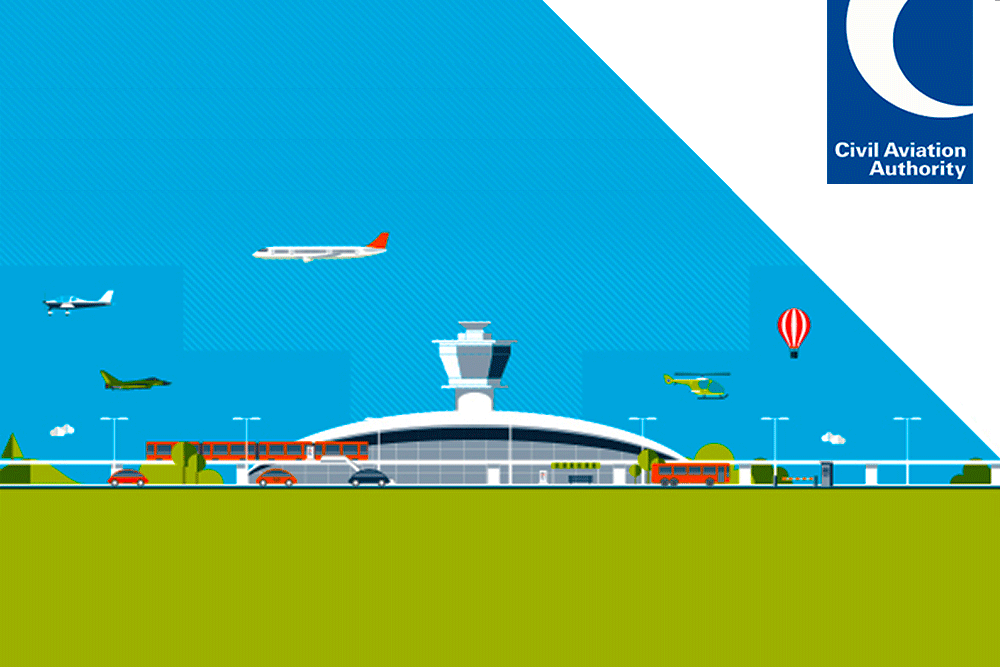
Has the increasing number of drones changed your day to day work in ATC?
SC: We would rather know about the drones operating a Class D airspace than not - It's a quick phone call to let us know your area of operation, maximum height and start/finish times. We have a good relationship with the local drone operators and have even had a visit from one recently. So to answer the question, it's changed for the better - We can work with the operators, rather than filling paperwork report to the CAA.
How does working in Air Traffic Control shape your opinion of drones?
SC: I'm always asked the question about controllers not liking drones - My opinion is, if they are are the right hands and operated correctly, they shouldn't be any problems. The few problems we have locally are from the people who haven't completed a course and are unaware of the regulations relating to flying in controlled airspace.
What advice, from your experience dealing with drone pilots, would you give newcomers to ensure they're flying safely?
SC: Always use the available apps to work out your position, in relation to controlled airspace - use the DroneSafe app to help with this. Check NOTAMS - Notice to Airmen, for local airspace restrictions and don't fly above 400 feet (121m).
Learn More
If you're interested in finding out more about existing regulations, the qualification required to operate commercially or just want to talk to our team of drone experts, you can get in touch via phone on 0191 296 1024 or email at info@heliguy.com.
...
Keep checking back to Heliguy's Insider Blog for more exclusive interviews, insights into the regulatory landscape and, of course, the latest news from the drone industry.

written by
James Willoughby
James joined heliguy™ in 2018 following a 13-year stint in print and online journalism, having worked on regional and weekly newspaper titles. He is responsible for spearheading heliguy™'s content strategy and social media delivery. James collaborates with DJI Enterprise's European marketing team to coordinate and produce case studies and helps organise events and webinars.